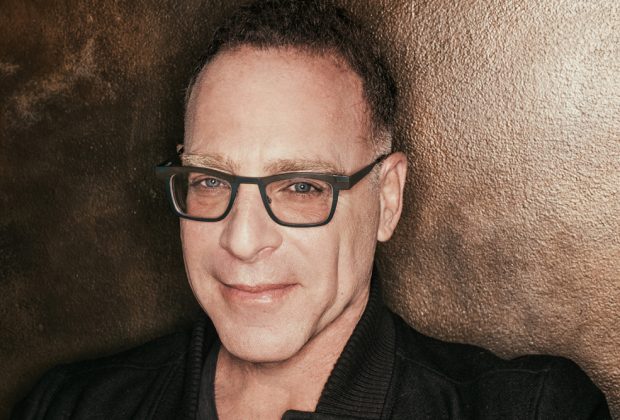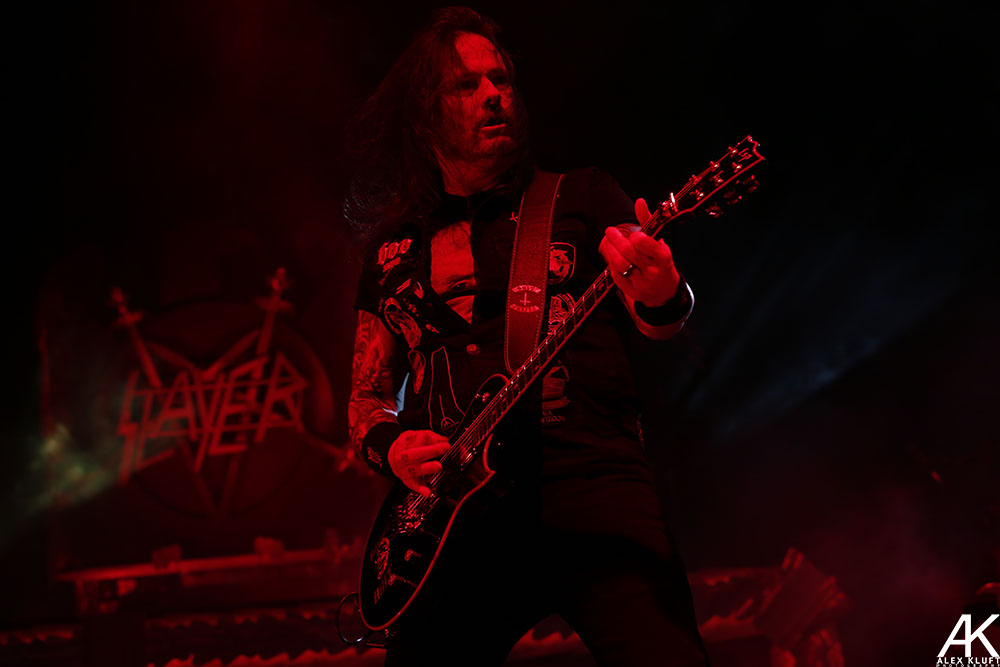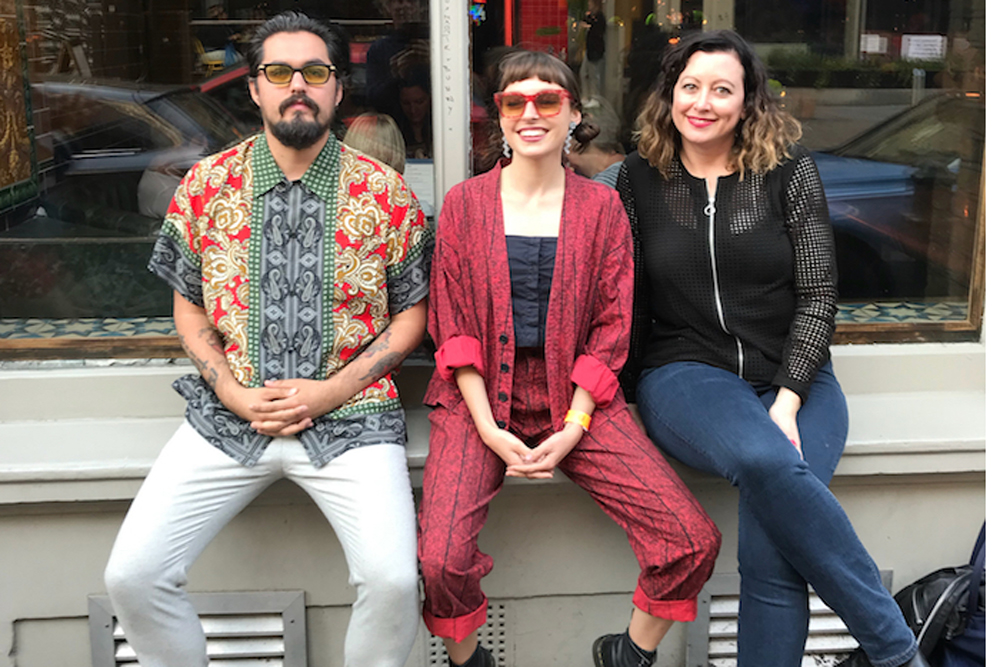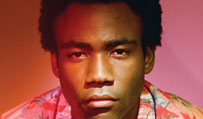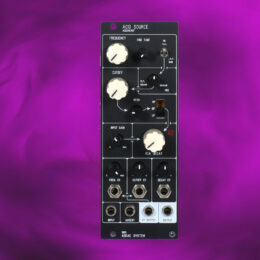BACKGROUND
After stints at MTV and as an A&R rep for major labels, Steve Schnur left the traditional sector of the music industry for Electronic Arts, where he uses his expertise to pick songs for use within blockbuster video games like Madden and FIFA. Additionally, he aligns with top-shelf composers to craft unique soundscapes that complement the dynamic tiers of their interactive creations.
Labels and Cinema
I worked many years for labels. I ran a division of Arista Nashville, worked for Arista New York, Elektra and Chrysalis in New York and was one of the heads of A&R for Capitol in L.A. My gross trajectory was based on marketing, A&R and running a label.
I had been involved in soundtracks and also worked for Sandra Bullock’s company, Fortis Films, where I became the music supervisor to films such as Miss Congeniality. I was writing cues for them and loved it. I wanted to become head of music for a film studio.
Valuable Real Estate
I grew frustrated as an A&R person. We would pour our hearts and souls into discovering a band and then one radio station would decide whether it was worth our efforts to play them.
All of a sudden, I got approached by EA to build a music division from the ground up, much like the film studios but with one additional piece that really excited me––the real estate within our franchises, i.e. FIFA, Madden, NHL, etc. It was the opportunity of a lifetime.
Discovering Gamers
I wasn’t a gamer. I had only pretended to know how to play games in vans or buses with bands I was trying to sign. I knew most artists were gamers. The labels, publishers and managers hadn’t figured that out yet. What better way to take the real estate of Madden or FIFA and introduce new artists?
Classic Exposure
I never would have dreamt that Battlefield could have 70 million-plus streams. That’s essentially a classical soundtrack. How many soundtrack scores have that? I had a guaranteed audience of a spot-on demographic. We really focus on 15- to 24-year-olds, even though the demographic in a game is much wider. When we were kids, we fell in love with the scores to Star Wars and Jaws. Now, kids fall in love with the scores to Battlefield and Battlefront.
Forecasting
We never license or place music from things that are out right now. We’re always forecasting what’s coming ahead. Right now, I’m working on FIFA 19 and Madden 19. Those games won’t come out til the late Summer/early Fall. We’re making decisions on records that are literally being recorded. Once it’s on the radio, it’s too late for us. My staff and I have deep relationships in publishing, management and labels. That really puts us in a place where we can make stuff happen.
What Songs Work
You can’t focus-group anything, because people are only going to sell you what they heard last year. They’re not going to sell you what they’re going to love next year. We have to make bets on things that are impossible to test, so we have to know the consumer. We have to know the game and the emotion we’re trying to engage the consumer with, but we also have to bet on our guts.
It’s easier on trailers. Our trailer business is increasing on a regular basis. The Battlefield 1 trailer from a year ago is still the most viewed trailer in YouTube history. Those are sometimes easier bets, because you’re not necessarily using them for music discovery. It’s a little more typically music supervision in the sense that you’re taking a song that’s well known, you can look at the audience to that song, maybe remix it, figure out what’s going to reach the audience at that moment.
Just Make Great Music
Any time a major artist has tried to write something specific for us, it’s borderline silly. Sometimes it’s about throwing the ball, sometimes it’s about clicking the controller. We’re not interested in things like that. We just believe in the artist and if the song works we’re in. Artists can do nothing for us other than be themselves. We buy onto an artist’s career; we don’t buy onto that moment.
Composer A&R
I consider myself an A&R person when it comes to composers. We were there from the beginning with Michael Giacchino, Chris Leonard, Trevor Morris and a slew of others we felt were next-generation composers. They got the mood, orchestral uniqueness, motifs and themes that needed to be sticky enough that people would hum them even when they weren’t engaged in the product.
In addition, we have deep relationships with some of the biggest composers in the world, from Hans Zimmer to John Debney, Steve Jablonsky, Mark Mothersbaugh, the list goes on. Those guys have really adapted in a major way. They like the idea of unleashing their imaginations into millions of first-persons who are going to play their own interactive experience.
The New Way to Discover Music
Last year’s Madden had about a 90% positive reaction. You’re never going to get it totally right. There’s always going to be some guy who wants to play Madden and listen to jazz. What can I do? But if you can give him the newest Logic track, Zedd track and Kendrick track before they come out and introduce what new artists are going to be important to him or her in the years ahead, that’s fantastic. It’s still about discovery. We don’t believe that’s dead. I want songs in games that your parents don’t get.
Life Imitating Art
We’re working with the NFL, MLS and others to shape their live experience. Those leagues acknowledge that the next generation of people getting into their sports is discovering them through our games. The NFL recognizes that future season-ticket holders are kids playing Madden right now, so the sound of the sport is different to them than their parents. Gone are the days of AC/DC and Queen. If you go to Nissan Stadium, for instance, the first 20 minutes when you walk in the stadium is the music from Madden that year. Next year, you’re going to hear more and more music from FIFA in MLS stadiums. We’re actually shaping that sonic thumbprint, that sonic first impression.
Understanding Composers
Part of my job is to understand composers who are moving the needle in film, television and games, to understand talent-wise what they can do. I’m always calling composers I’ve fallen in love with and saying, “I don’t have a project right now, but I will be working with you in the future.”
The direction we give them is very similar to working on a film. It’s casting a palette so they understand all the possibilities within gameplay and letting them go. I don’t like to interfere. I’m certainly not going to tell them what to write, but I’m going to be honest in telling them if it works or not.
Successful composers are pure collaborators. They leave their egos at the door, every time. They take direction in a way that’s unlike any other people in our industry.
In With the New
We have to be open to any and all ideas and never repeat what we’ve done before. It’s natural for people to say, “That worked before, let’s try it again.” I always have to make sure we start from the ground up and get rid of old thinking, because once somebody experiences something it becomes old fast. Every day, we throw out the old and invent the new.
Years with Company: 17
Address: 5510 Lincoln Blvd., Playa Vista, CA 90094
Web: ea.com
Games: Madden, FIFA, Mass Effect, Need for Speed, Battlefield 1, Portal, The Sims, NHL, Star Wars Battlefront, Titanfall, The Simpsons, Anthem.

